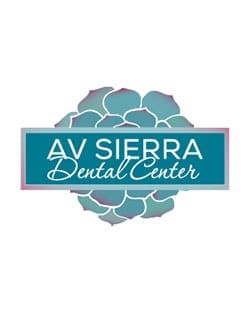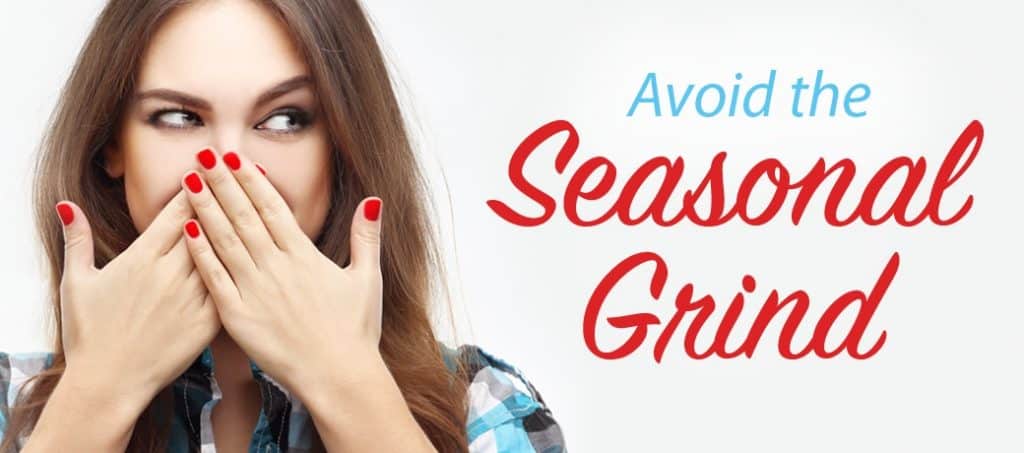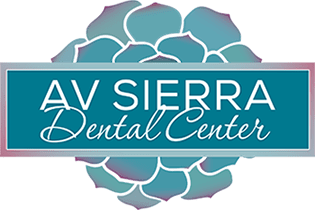Top Oral Health Benefits of Pumpkin

Dentist Say, “Back Away From the Spiced Latte! But the Pumpkin Can Stay.” It probably comes as no surprise that the Pumpkin Spice Latte is Starbucks’ most popular seasonal drink of all time. Everything about the pumpkin’s color, aroma, and savory flavor screams fall. Every year coffee enthusiasts eagerly await the release of this highly anticipated beverage, then flock to the coffee shop as soon as it becomes available. At least that is how it has gone for the better part of the last 12 years, since its inception in 2003. But the Pumpkin Spice Latte isn’t your average cup o’ joe. Recently, the beloved libation has come under fire for the large amount of calories (380) and sugar (50g) it contains. Health and fitness professionals are urging people to consume it like they would any other dessert: in moderation. And while most health professionals are worried about the damage the Pumpkin Spice Latte can do to people’s waistlines, dentist are more concerned with the impact it could have on their patients’ teeth. The bad news is that any way you look at it, the amount of sugar in your beloved Pumpkin Spice Latte, along with the length of time you spend sipping it down, is a recipe for tooth decay. The good news is that you can still satisfy your autumnal craving for pumpkin goodness by preparing and consuming it in different, delicious, healthier ways — and actually improve your dental and overall health while doing it. Health benefits related to consuming pumpkin are plentiful. This vitamin-packed fruit can please both your nutrition/fitness professional and your dentist by protecting your teeth and whole health. Pumpkin provides: Zinc: Zinc is your mouth’s best friend. It plays a key role in healing wounds, which does wonders for damaged soft tissues inside your mouth, or gums that are healing from gingivitis-induced bleeding. Zinc is also considered an anti-plaque agent and is added to toothpaste to prevent buildup. Vitamin A: Vitamin A aids in the flow of saliva, which is key for washing bacteria from the mouth. It also plays a key role in healing soft tissues. Vitamin C: Vitamin C is key for maintaining a healthy immune system and fighting off infections. It’s good for your mouth and your overall health. Magnesium: Magnesium and calcium work together to create strong, protective enamel that can resist decay. Without the proper amount of Magnesium in your diet, your enamel becomes soft and susceptible to cavities. Fiber: Pumpkins are packed with fiber, which is important for maintaining excellent overall health. Fiber helps with weight control, and fiber-rich foods help stimulate the flow of saliva (your best natural defense against tooth decay). If you are looking for a way to get your pumpkin fix this season while keeping your teeth and physique fit, minimize or eliminate the sugar. Consider replacing your daily spiced latte with these healthy pumpkin preparations: Pumpkin seeds: From the store or straight from the gourd, these baked snacks are packed with flavor and good-for-your-teeth vitamins. They are easy to prepare and pack for lunch or an in-between-meal snack. Pumpkin smoothie: Incorporate canned pumpkin into your breakfast or workout smoothie. It pairs well with coconut milk and almond butter. Throw in some pumpkin spice and maple syrup and your morning meal will be transformed into a healthy liquid version of the traditional pumpkin pie. Baked pumpkin: You can make a tasty meal out of pumpkin by simply baking it with cinnamon and adding a little bit of butter. Pumpkin works as the main course but is also perfect as a side dish. Pumpkin seed oil: One easy way to enjoy the health benefits that pumpkin has to offer is by incorporating pumpkin seed oil into your cooking. It adds a nutty seasonal taste to whatever dish you are preparing and is perfect for keeping you in that seasonal holiday mood. Being dedicated to your physical and dental health doesn’t mean swearing off the Pumpkin Spice Latte for good. It just means taming your daily addiction and satisfying your pumpkin craving with snacks and dishes that are low in sugar and high in vitamin-rich goodness. Call our Palmdale dental office today and check up on your oral health. This is the perfect time to talk to Drs. Jason Oh and Lucia Chia to find out more about how you protect your oral health through the holiday season.
Teeth Grinding (Bruxism) and Holiday Stress

Protect Your Teeth From Holiday Stress: Avoid the Seasonal Grind The holiday season is a time of year that comes with many things: visits from loved ones, weekly parties, a multitude of shopping trips, long hours spent in the kitchen, and stress-induced bruxism. Stress isn’t always a bad thing; in fact it can even be good in small doses. It can spur excitement, joy, and eager anticipation, and it can even function as that extra bit of motivation that you need to get everything on your to-do list done. Even when the outcome of the stress you are experiencing is positive, the effects it has on you physically can be negative. What Is Bruxism? The gradual onset of mild to moderate head and neck aches, jaw pain, and sensitive teeth can signal that stress is beginning to take a toll and that you might be suffering from a condition called bruxism. Bruxism is a condition in which you clench and grind your teeth throughout the day and night. The clenching and grinding can become so hard and loud that it can be heard by partners and loved ones within the affected individual’s living space. Some individuals only suffer from short bouts of bruxism. But if you begin to experience any of the following associated symptoms with regularity, you should call and set up an appointment with our provider immediately. Signs and symptoms that indicate you could be suffering from bruxism include: Worn tooth enamel Face pain rooted at the jawline Earache-like pain Headache in the temple area Sores from chewing or biting the inside of your cheek Grinding teeth during sleeping hours If left untreated, bruxism can lead to more serious conditions that may require extensive and expensive care to resolve. These conditions include: Damaged teeth: Individuals who suffer from bruxism end up clenching and unclenching their teeth all throughout the night. The pressure they put on their jaws can equate to 250 pounds or more worth of force, which can cause extreme wear and tear on teeth. Tooth sensitivity is the least of the repercussions this type of pressure can have on oral health. Chipped, cracked, and severely worn teeth can result, requiring extensive restorative treatments. TMJ: TMJ is disorder of the temporomandibular joints that causes pain in the jaw, head, and neck areas. It can cause the jaw muscles to spasm and make it difficult for sufferers to open and close their mouths normally. Treatments may include Botox injections, medications that relax muscles, and protective nighttime mouth guards. Sleep disturbances: Bruxism ranks as the third most frequent abnormal sleep behavior. Some suffers become aware of their condition after seeking out help for severe sleep deprivation and exhaustion. They have no idea that they have been grinding their teeth at night, nor that it is the cause of their daytime drowsiness. Who’s at Risk? Risk factors that increase your likelihood of suffering from bruxism include: Age: Bruxism is most common in children but can extend into adulthood. Stress level: If you have a high level of stress or an increase in anxiety, you may begin to experience the signs of bruxism. Substance intake: Smoking tobacco, drinking caffeinated and alcoholic beverages, or taking medications that have stimulants in them may increase the risk of bruxism. Diagnosing Bruxism If your dentist suspects that you have bruxism, he or she will perform an exam and evaluate you for the following: Damage to your teeth, the bone that supports them, and the soft tissues inside your mouth Pain and tenderness in the jaw and mouth area Common dental abnormalities that are often indicators, like broken, worn-down, or missing teeth and poor tooth alignment If you have signs of bruxism, our dentist may choose to look for changes that may have taken place over the course of your visits. Your exam may include x-rays and questionnaires. Treatments In the case of children affected by bruxism, treatment is rare. The majority of children age out of bruxism. Adults who grind their teeth enough to cause damage and inflict pain have treatment options that include dental protection devices, such as mouth guards and splints, and corrective dental treatment plans designed to align teeth properly. Realigning teeth may require braces and, in severe cases, oral surgery. If stress is at the root of a patient’s bruxism condition, our dentist will refer them to a therapist that specializes in stress management and behavior therapy. In some cases, medications such as muscle relaxants may also be prescribed. The holiday season is a time of year to be enjoyed. You don’t have to let the excitement and anticipation take an unpleasant toll. If you are experiencing any of the symptoms that may indicate you are suffering from bruxism, set up an appointment with Drs. Jason Oh and Lucia Chia at your Palmdale dental office today.


